While I'm working on my various Anniversary Articles, I do try to listen to something I haven't before from each of the years, as I do have a lot of gaps to fill. However, for 1983, I discovered there were quite a handful of albums I was interested in, for various different reasons, and decided to group them all together into one Last Played article! Let's get started!
Black Sabbath - Born AgainI know it's probably a mistake to listen to Sabbath's non-Dio 80s stuff, as I've heard it's quite the mixed bag, but I can't deny that I'm curious. So, despite it's reputation, I'm going to carry on my way through the Black Sabbath discography, and decide for myself if it's any good, starting with this one. While bringing in Ian Gillian of Deep Purple is novel, the resulting album is rather kind of bland.
Of course, following the excellent Dio albums was always going to be a tough gig, especially with such a massive lineup change. Gillian does a good job, singing in his own style, and it's not like the band is a mess, but I think they settled on keeping things pretty basic, with many of the songs repeating a lot of metal clichés. They're not bad songs, but it's hard not to feel like this kind of stuff has been done better elsewhere.
"Disturbing the Priest" is probably the closest the band gets to a Sabbath-y sound, and the title track ends with a decent jam, like an 80s version of "Planet Caravan." However, the other tracks often feel weak or uninspired. "Zero the Hero" tries to be this Dio-inspired epic, but it's repetitive riff just goes for too long, and Gillian is no Dio. For what it's worth, I do think there's a bit of promise in here, and if this lineup had carried on for another album, they could have put something great together (though it would have been quite different), but it was not to be. In the end, it ends up being a pretty insubstantial one-off that's remembered for being a curious part of Sabbath's history, and not much more.
Ozzy Osbourne - Bark at the MoonWhile Black Sabbath were stumbling around, their former singer was also struggling. With the sudden death of Randy Rhoads, the lineup experienced a significant change-up, eventually settling on Jake E. Lee for their lead guitarist. Filling the rest with industry veterans like Tommy Aldridge and Don Airey, Ozzy was able to bounce back without too much trouble. Once again, my familiarity with Ozzy is mostly through classic rock stations, where one hears the regular handful of hit singles. As such, I don't know the albums too well. While I have listened to his first two solo efforts, and they're generally pretty good, this one really makes an impact as Ozzy drifts further into pop metal territory.
There's been some controversy over the years regarding who wrote these songs, but what can't be denied is how much Lee dominates this album, as his guitarwork finds the right balance between shred and melody. Between his slick riffing and iconic solos, he's as much the star as Ozzy himself. Don Airey's keyboards are also prominent, giving the album a distinct glam metal feel, which was building up at the time. As a result, all the songs are pretty catchy, with plenty of melodic hooks. Even the sappy ballad "So Tired" isn't too bad, as it has these lush orchestrations that make me think of Electric Light Orchestra, of all things.
The title track stands out the most, and for good reason. The catchy riff, the noodly solos, and the horror lyrics that fit right in with Ozzy's reputation at the time; it's easy to hear why it's been on classic rock radio for so long. "Rock 'N' Roll Rebel" and "Slow Down" are a solid pair of pop metal rockers, and "Waiting for Darkness" is a solid moody anthem with some dramatic synths and strings. While I know the first two albums are well-regarded in their own right, I think this album is just a little stronger across the board.
IQ - Tales from the Lush AtticOf course, metal wasn't the only thing blowing up in 1983. While the scene was significantly smaller, there were handful of UK bands who sought to do their own take on classic 70s prog rock, and so neo-prog is born. I have heard some of IQ's later work before this, but since I had the opportunity, I thought I'd give their debut album a spin.
Right off, the Gabriel-era Genesis influence is apparent, helped partially by the orchestral synths and vocalist Peter Nicholls sounding not a little like Gabriel himself. However, I also felt there were a lot of elements from Yes's Drama album, and a few bits of early 80s Rush. While I don't know if they've completely carved out their own identity yet, they certainly aren't without ambitions, starting with the 20-minute epic "The Last Human Gateway," which is actually quite good. The band takes you on a journey through all their modes, from moody ambience to upbeat rocking sections, and everything in between, without ever being too chaotic or hard to follow. The rest of the album isn't too bad, either, with "Through the Corridors" being a spritely and energetic romp, despite its short length. They do a good job of giving their ideas enough space to be understood while drifting between them, though "The Enemy Snacks" does get a little messy. Of course, the band isn't so lost in their pretentions to not do a few silly things, such as "My Baby Treats Me Right 'Cos I'm A Hard-Lovin' Man All Night Long" being a few minutes of classical piano with no lyrics.
If there is a big problem, it's the production. While it's not bad, it can be hard to separate the instruments as they often get washed together into this 80s wall of sound. Even Nicholls vocals get a little lost from time to time, making them hard to make out. I just kinda wish I could hear everything going on a little better. I admit I'm not the biggest Gabriel-era Genesis fan, but I do think IQ does pretty well to set up a foundation for them to build upon in subsequent albums.
Marillion - Script for a Jester's TearWhile the neo-prog scene did feature a handful of bands, Marillion was definitely the one to rise to the top of the crop. Built around guitarist Steve Rothery and initially powered by the lyrics of the vocalist simply named Fish, the band has carved their own destiny, largely starting with this debut album. While I have listened to Clutching at Straws before, mostly because I came across "Incommunicado" and really liked it, I don't have much experience with this band yet.
Once again, the Genesis vibes are strong, but I also hear elements of Pink Floyd and, of all things, The Alan Parsons Project. I think it's a combination of the 80s synths and production, along with guitar solos that focus more on melodic phrasing than shred-based pyrotechnics that makes me think of Parsons. However, the lyrics and tone are quite a bit darker, often focusing on themes of alienation, tragedy, loneliness, and drug addiction. And yet, the band creates a rather theatrical wall of sound, giving these songs a kind of epicness I wasn't expecting. While there are no extended tracks, most of them tend to be seven or eight minutes long, allowing enough space for their ideas to develop. The result is a set of songs that are easy to sink into, letting their atmosphere and melodies just surround you with a kind of 80s proggy melancholy all their own.
The only real knock I have on the album is that some of songs' structures feel a little loose and don't quite hold together, often having rather sudden transitions. The album opens with the title track, and it kinda stumbles about, despite some interesting ideas. However, the album improves from there, as "He Knows You Know" and "The Web" both have great moody atmosphere and melodic grooves. "Chelsea Monday" is a curious, melancholy ballad, while "Forgotten Sons" is an interesting closer, being much more aggressive and stark, showing the range the band has. Comparing it to IQ's debut, they've definitely gone for more of an accessible melodic rock sound, but they do it with a lot of confidence, which allows them to get away with it.
AC/DC - Flick of the SwitchNow that I've covered most of this band's 70s albums, it's time to jump ahead to the 80s ones that I haven't listened to yet. While Back in Black and For Those About To Rock were full of anthemic stadium classics, the band sought to strip things down to the basics, deciding to leave behind Mutt Lange in favor of producing this one on their own. Focusing on a rawer approach with more of a live feel, the band settle into a slower groove, resulting in an album that has less energy and intensity.
I admit I do miss Lange's iconic, clear production, as this album is a little muddier, and Brian Johnson's vocals get a little buried from time to time. While the band has had plenty of mid-tempo rockers before, this album does feel a little sluggish, and sometimes the chorus for a number of tracks is just repeating the song's title a few times, which feels uninspired. I know the band was struggling a little at this time, and I can't help but wonder if burnout wasn't a factor as well.
Of course, it's not like the band has changed from their blues-rock roots. Any differences would only be found by nitpickers and diehards. Much of the same solid riffing, energetic solos, suggestive innuendos, and strutting swagger is still here. Songs like the title track and "Landslide" stand out from the pack, with "Landslide" having plenty of power. It just has to come after a pair of well-made and successful albums, making this one feel a bit weaker in comparison.
Accept - Balls to the WallLet's wrap up this massive article with a metal classic as I carry on my journey through Accept's discography. As it turns out, this is the one that has Herman Frank before he would move on to other projects, eventually coming back for the reunion in 2010. Naturally, this is another slab of traditional metal, full of chunky, mid-tempo riffing, but I don't know if it's quite as good as Restless and Wild.
It's not like there's anything immediately wrong with it, though. Starting off with the title track, the album sets the stage for another set of anthemic rockers, with the lyrics definitely leaning into providing empowerment for the marginalized. Udo continues to croon his way over the album, and Hoffmann and Frank do great work with their riffs and solos. There's also a bit of a nudge toward more of the pop metal sound, but that might just be a consequence of the production, and it really doesn't bring the album down.
However, there's still something that feels a little less engaging with this one. Maybe as I listen to these albums more, I can better parse how I feel about them. For what it's worth, I enjoyed the title track, of course, but "Losing More Than You've Ever Had" is a solid rocker, with some interesting gang vocals on the chorus and a bridge that maybe goes on a little too long, and "Losers and Winners" has a strong Judas Priest vibe that I liked. Unfortunately, the rest just feels like more of the same; not bad, but also not really keeping my attention as well as it could.
Well, that was quite a bit of content! I generally try not to write long articles like this, but I figured it would better to group these all together. I'll probably try to focus more on newer releases, as I know there are a handful I need to catch up on already. Also, I've got some surprises for April, so keep an eye out for those. Until then, rock on! \m/



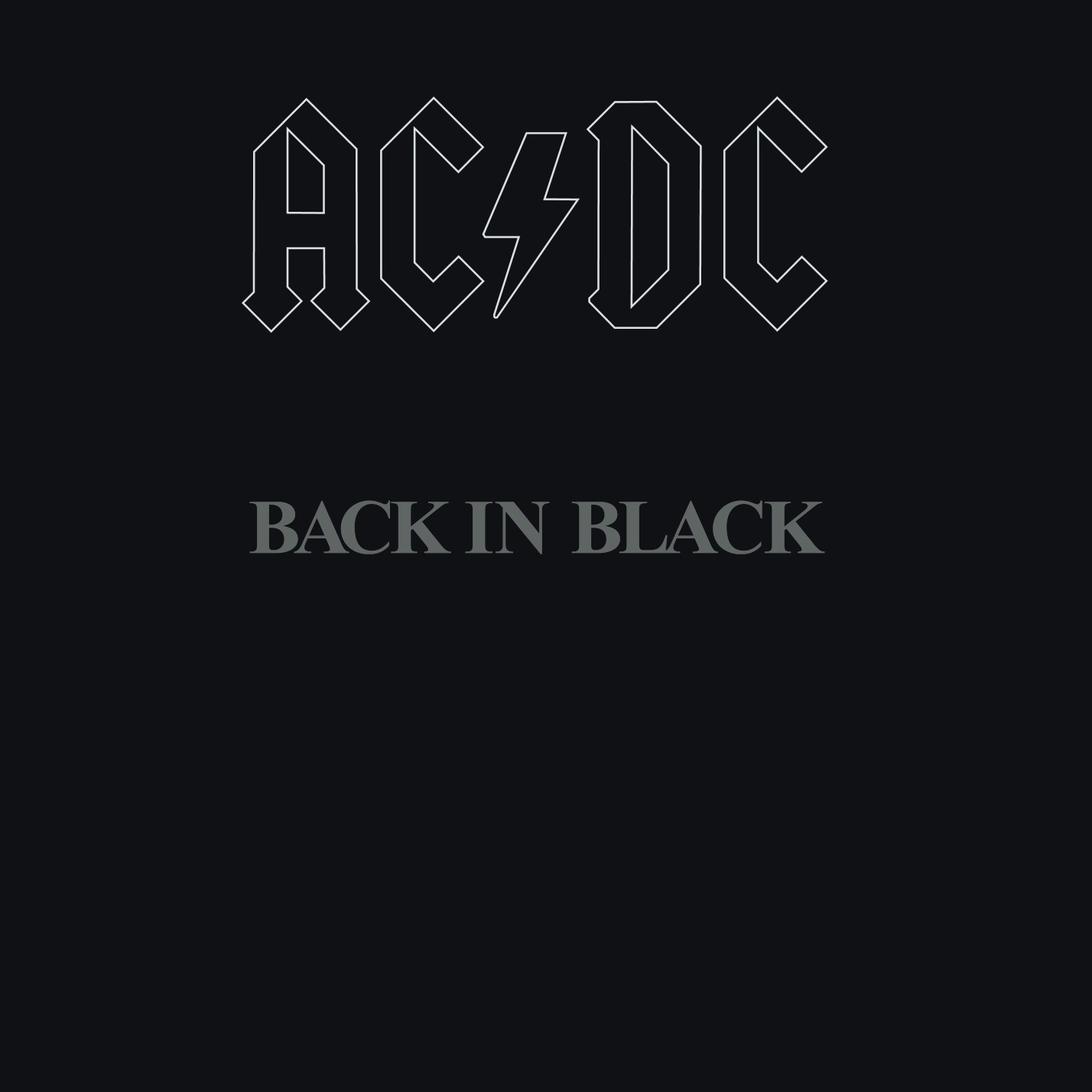

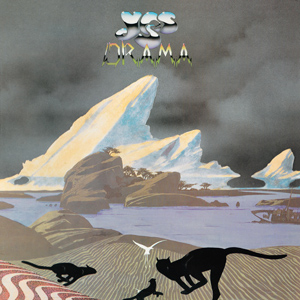










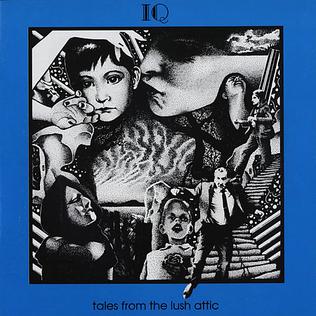



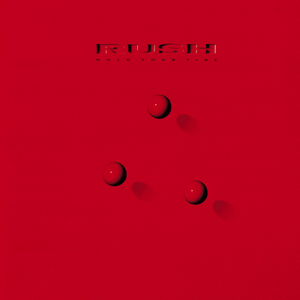
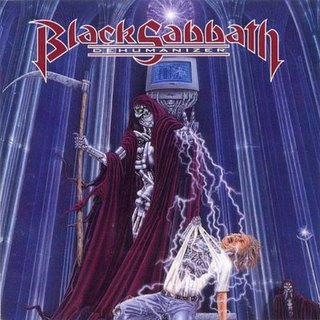

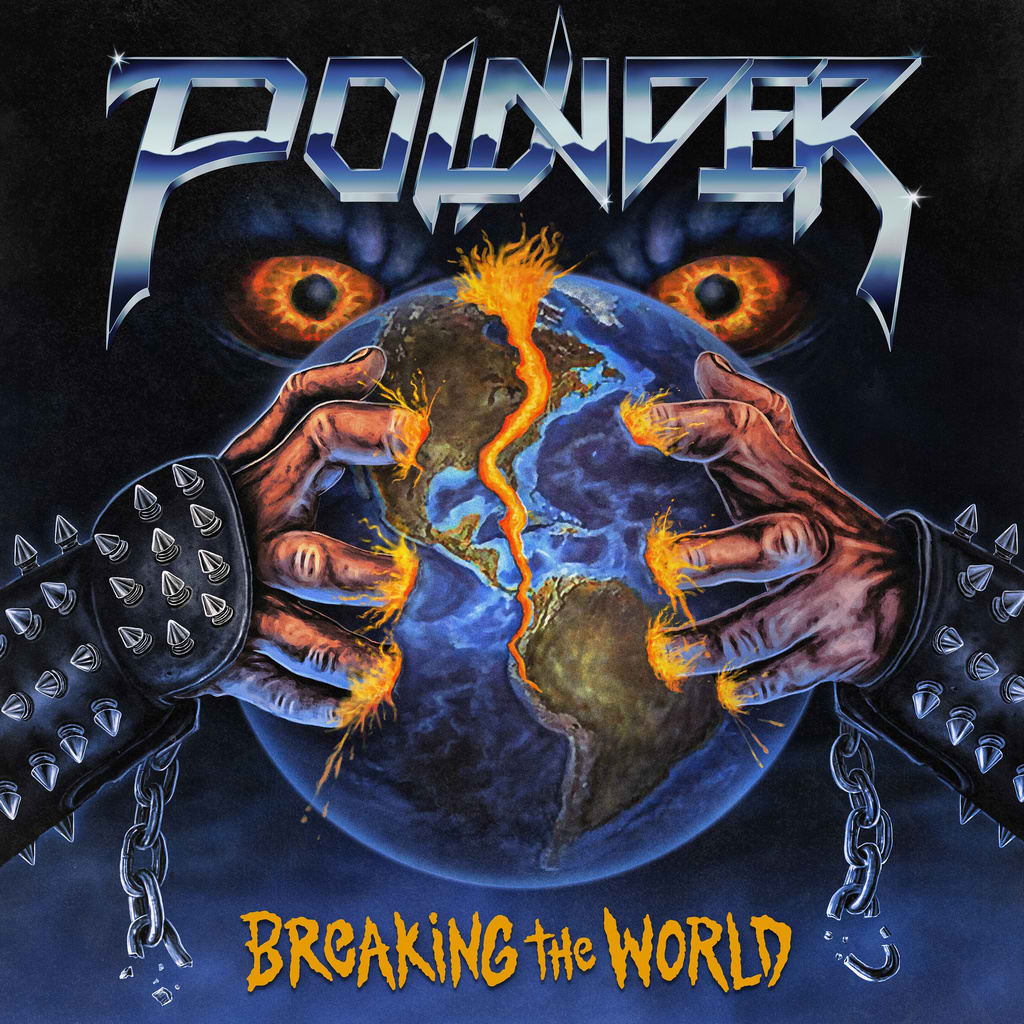
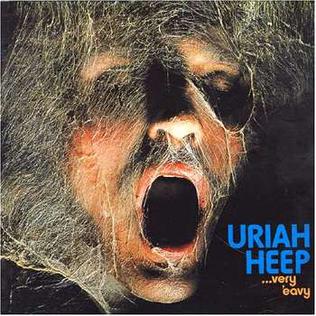

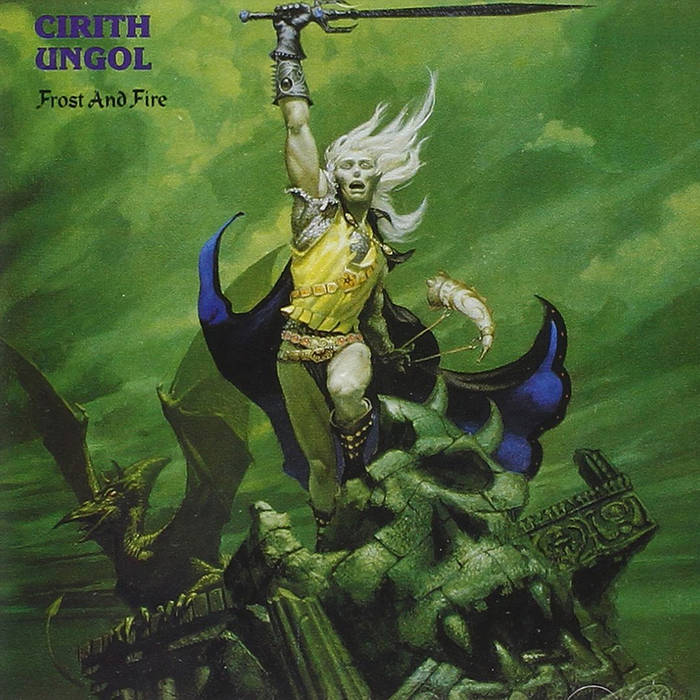

_coverart.jpg)
